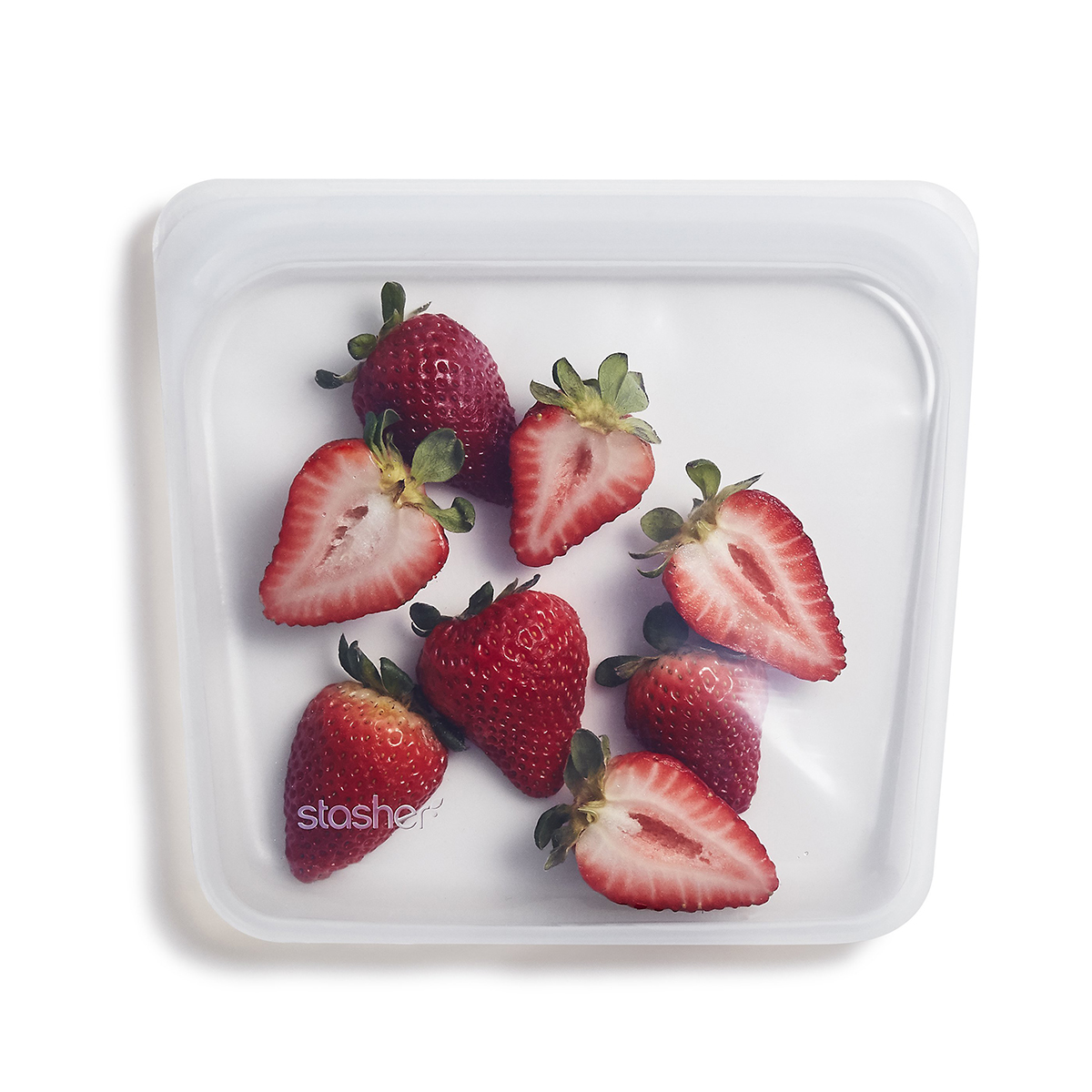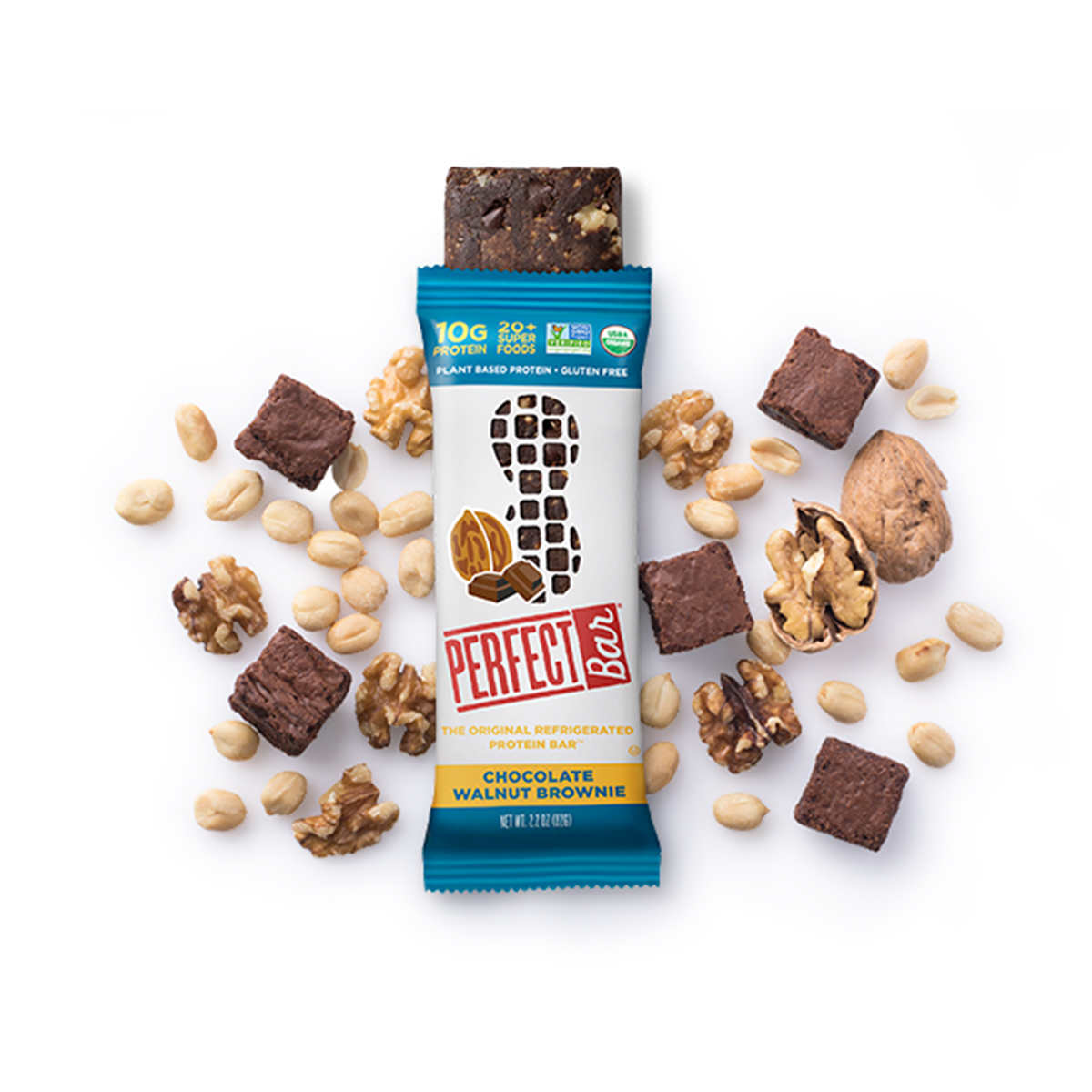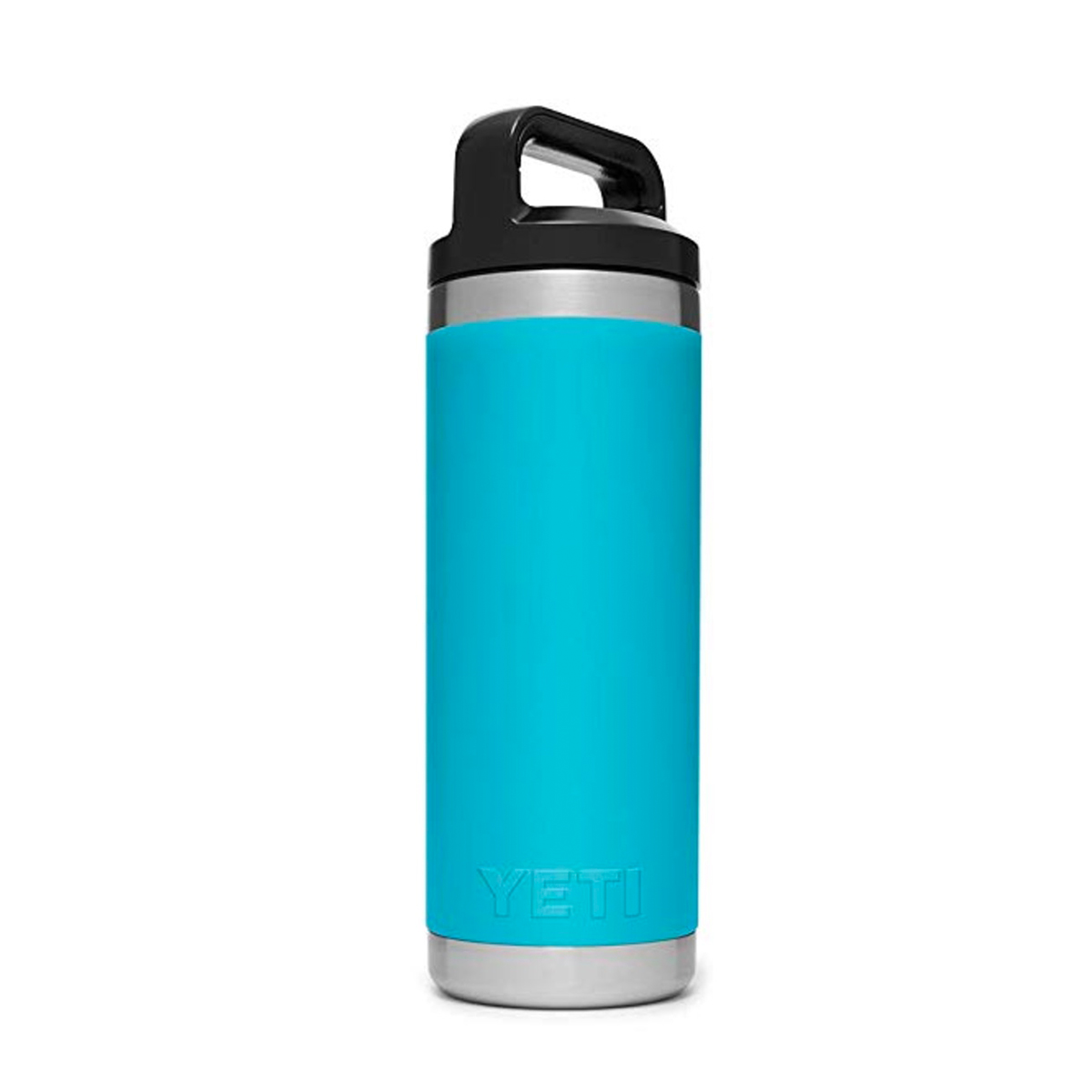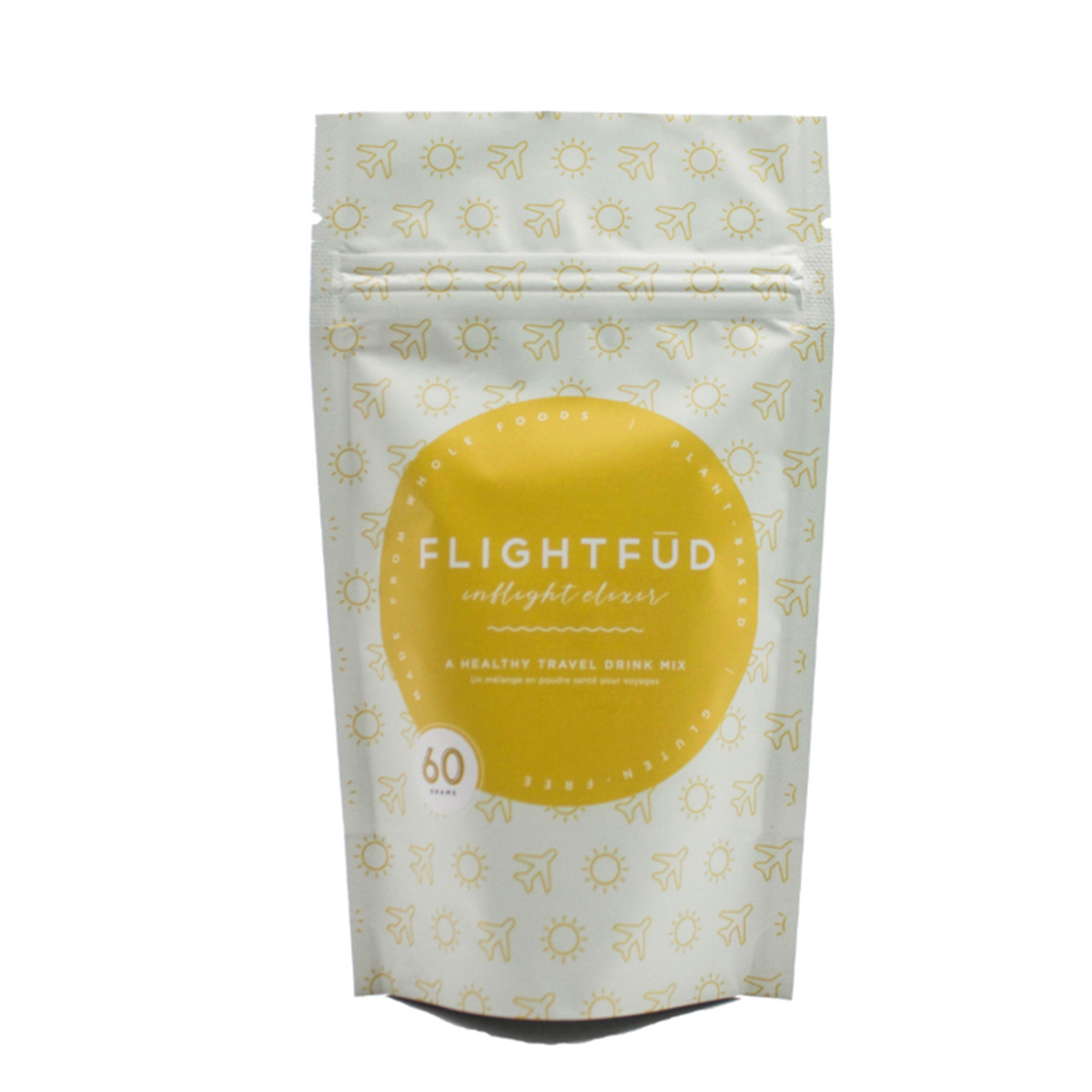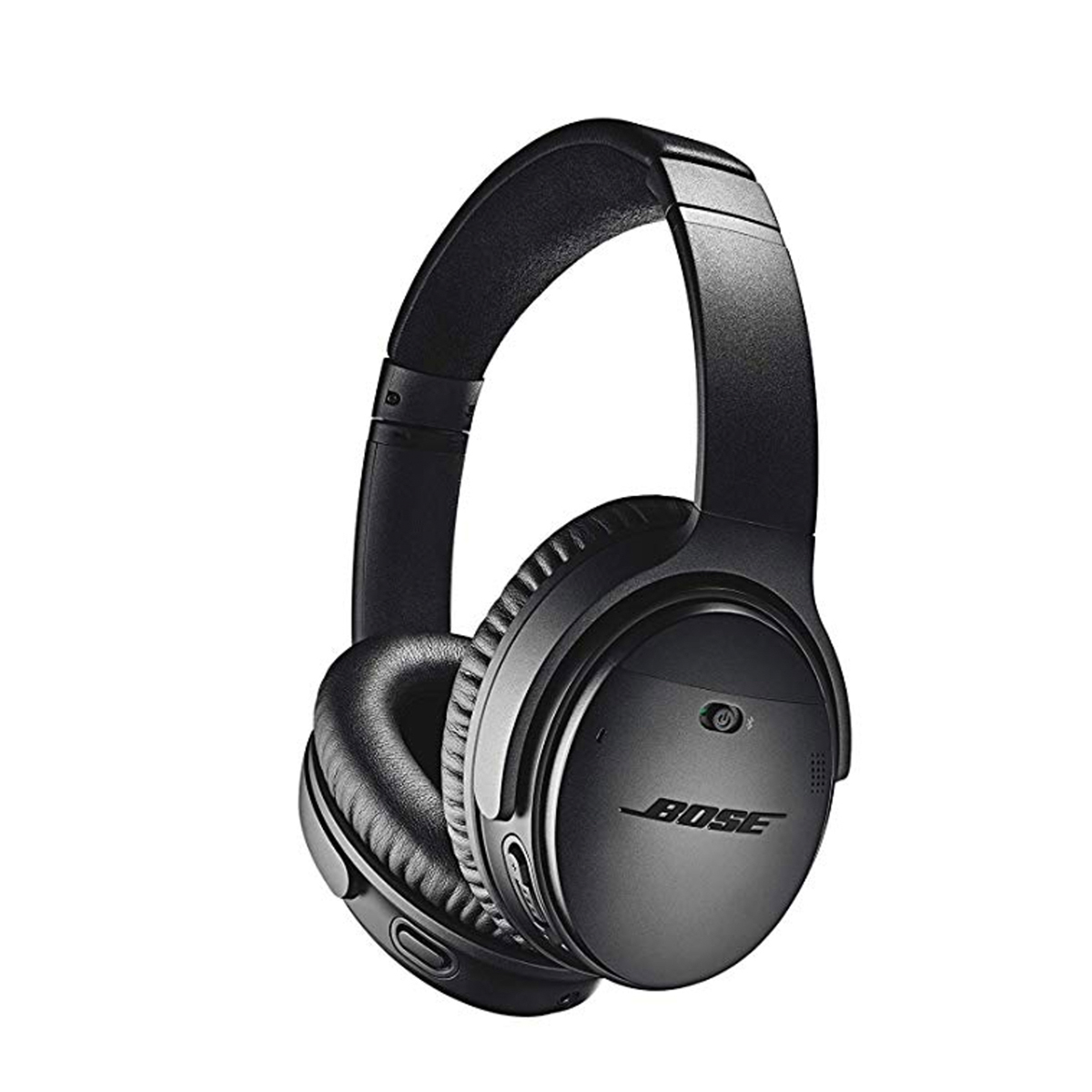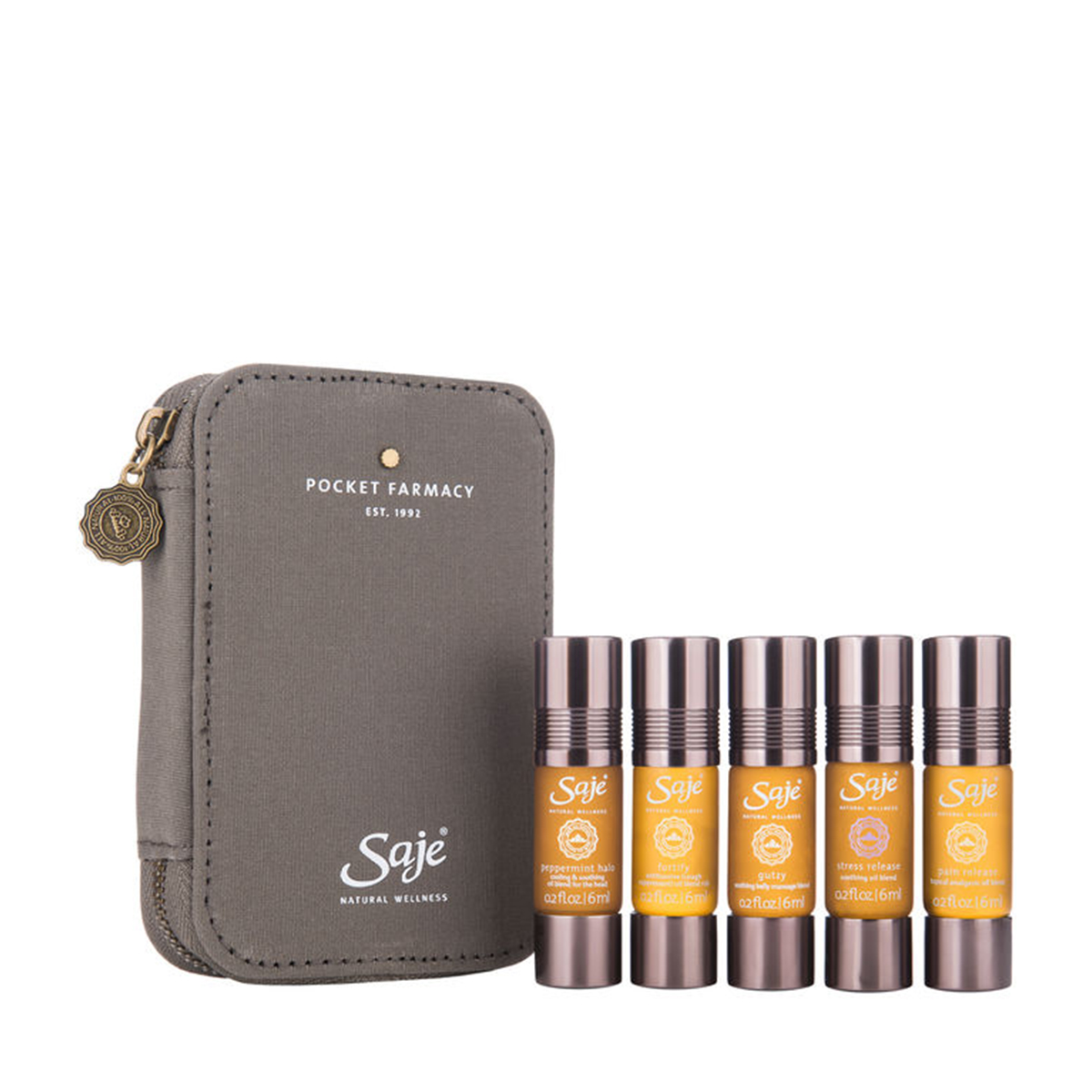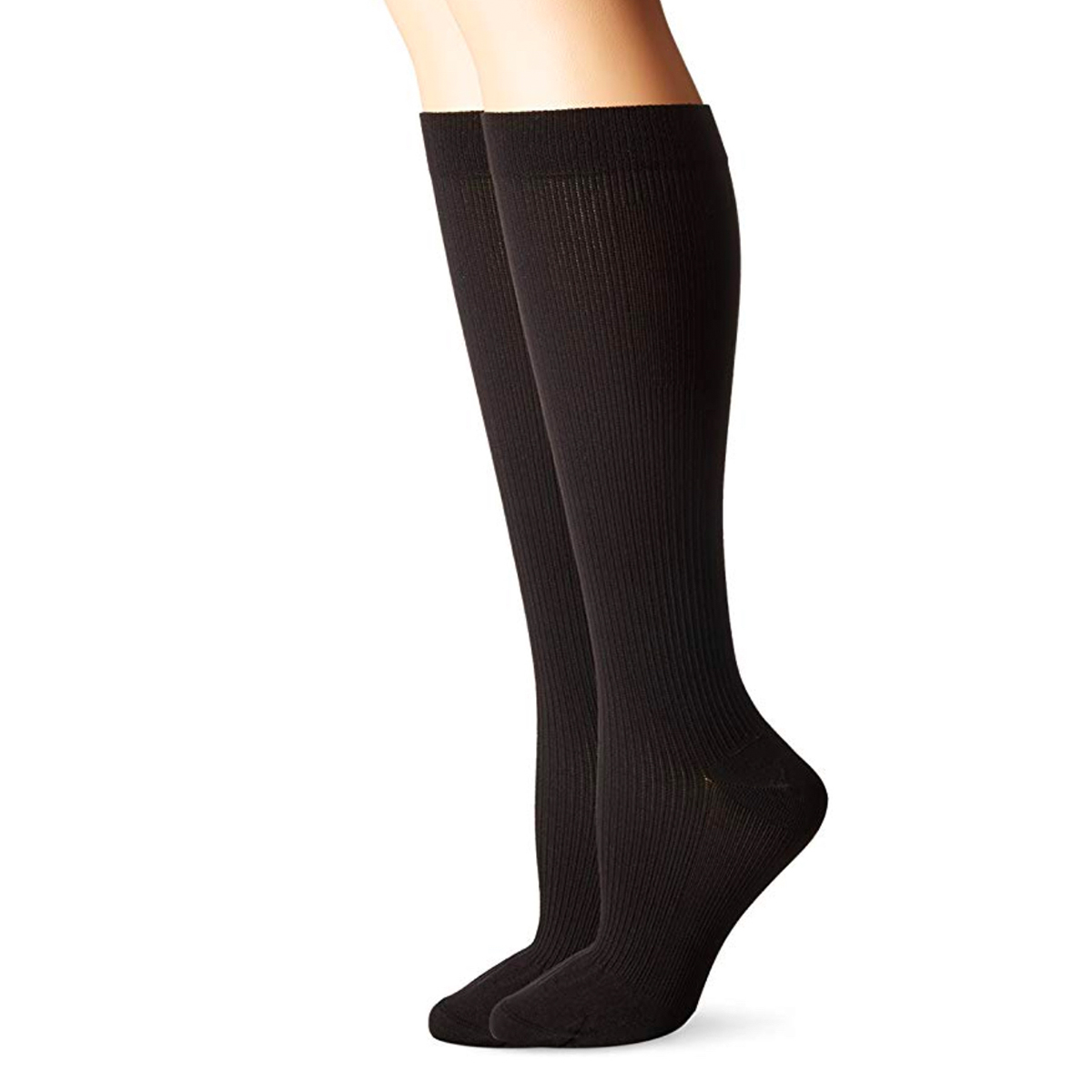Going Somewhere? Follow These 7 Rules to Stay Healthy While Traveling
My very first trip on a plane wasn't until I was 21 years old. Given that I was in college and en route to study abroad in Italy, I wasn't too concerned about how healthy my travel routine was. But flash-forward a few years later, after moving across the country and building up my frequent-flier miles to visit family and friends back home, I've quickly learned how much of a game changer it can be to pay attention to what you're doing before and during your travels. There's making smart choices at the airport, of course, but healthy traveling goes beyond that, too. I pack specific items in my carry-on to alleviate the inevitable anxiety, prevent bloating and stomach discomfort induced by air travel (a common problem for me), recover from jet lag, and more. You're going to have to adjust your typical routine while you're away—that's a given—but there are certain things you can do to still feel your best. Keep scrolling for all the rules you should follow if you want to stay healthy while traveling, according to flight attendants, nutritionists, and more.
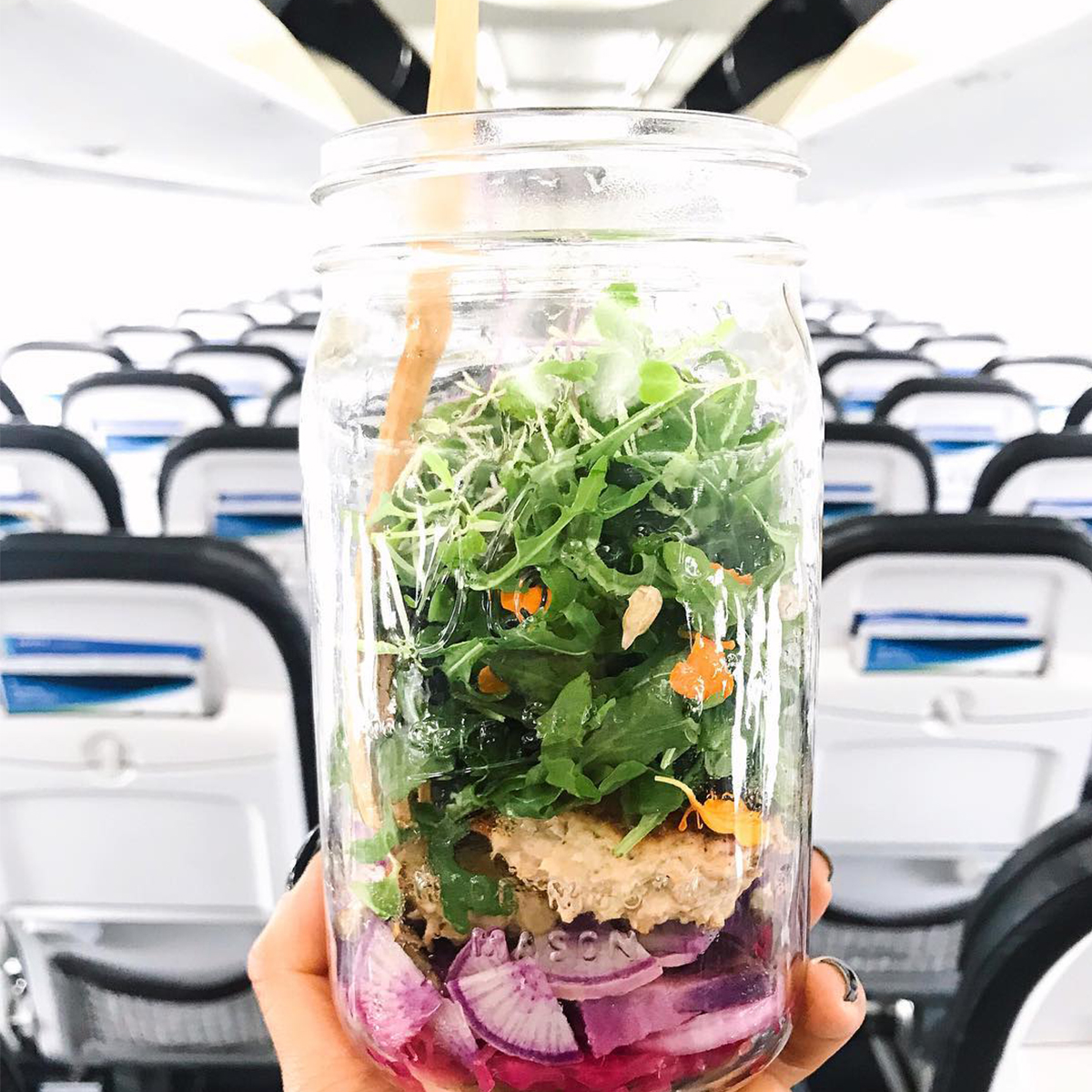
Pack Healthy Options
First, let's talk food. We already know that the airport options aren't great—and even if you do find something, it's probably under portioned and overpriced—but as long as you give yourself time to prepare, you can easily pack something healthy and delicious to eat before you board or during your flight. (Just no liquids, unless you decide to freeze them.) The same rule applies for a long car, bus, or train ride. Bringing your own food means there's less of a chance you'll grab something processed and/or sugary in a fit of hanger (which will only make you more cranky and tired during your trip) and you'll have more cash to spend on souvenirs. Need ideas on what to pack? Farah Fahad, MS, MA, RD, suggests "raw unsalted nuts, nut butter, veggie sticks, fresh fruits, meal replacement bars (I love Perfect Bar!)… I would avoid plane food and make sure to drinks lots of water on the plane."
Choose Your Drinks Wisely
Along with being selective about what food you eat while traveling, it's equally important to pay attention to what you're drinking, too. The low humidity in an airplane cabin means you'll likely get dehydrated during a flight (and even if you're not traveling via plane, it's still important to make sure you're drinking enough water), so you're better off avoiding drinks like coffee and alcohol. Carbonated drinks, such as soda, can also contribute to bloat and discomfort—not ideal for a vacation! However you decide to travel, make sure you're drinking plenty of water. If you're flying, don't rely on the flight attendants to bring you enough cups of water during your trip. Bring an empty reusable water bottle to fill up once you pass through security and drink at least eight ounces per hour of flying, as recommended by the Aerospace Medical Association. Flight attendant and wellness advocate Rosie Tran adds this helpful tip: "Ask flight attendants for hot water with lemon when you travel. It helps with digestion and bloat, especially when you fly."
Give Yourself Extra Time
Many of us will go through some sort of travel anxiety at one point or another, whether you're not the biggest fan of planes, you get easily homesick, or it just stresses you out overall. Given all the crowds of people, bouts of traffic, and chances of delays or cancellations, who wouldn't be? There's a lot you can't control when you travel, but you can aim to be as prepared as possible, which will absolutely help with any stress or anxiety. We all know the golden rule of arriving at the airport two hours before your flight for domestic and three hours ahead for international, but make sure you allow yourself extra time to pack (you're less likely to forget important items if you're not stuffing items into a suitcase last minute), for any unexpected traffic or delays, and to have some time to relax and decompress beforehand.
Claire Fountain, yoga instructor and founder of TrillYoga, tells us that she tries to arrive extra early at the airport to prevent feeling famished in the air. "I get so hungry, so I always pack protein bars or snacks I can eat in-flight. I also make sure to have real meals when I can, even if that means getting to an airport early to have a real breakfast." Applying for TSA pre-check is another helpful option if you're a frequent flier and long security lines stress you out.
Bring Along Supplements
While it's ideal to get the nutrients you need from fresh, whole foods, that's not always possible while you're traveling. Packing supplements and any nutritional add-ons can be beneficial for staying on track with your normal routine, even while you're away from home. Fitness influencer Katie of @lovesweatfitness says she always makes sure to pack a magnesium supplement, which eases her anxiety, and collagen "to get me fueled up in the morning." Rosie, on the other hand, always packs the adaptogen ashwagandha: "I swear it keeps me cool, calm and collected," she says.
Going on a flight? There are even supplements that may ease some of the negative side effects of air travel. Rosie adds, "There’s a supplement called FlightFūd that is actually created for travelers and aids most side effects with flying including jet lag, radiation, dehydration, etc."
Curate a Stress-Free Toolkit
Besides packing the essentials for your trip, like clothing and toiletries, you should always leave a little room in your suitcase for anything that may make your travels a little more bearable. "I think taking the products that are essential to your daily life can make a big difference in feeling at home wherever you go," says Alison Wu, founder of the blog Wu Haus. "For me, those items are my water bottle, my bathrobe, my matcha-making ingredients, and pictures of my fur babies!"
Envision all the objects that may help you feel zen while traveling—like a cozy blanket or your favorite brand of chamomile tea—and create a kit you can always bring along with you while away from home. Katie's include her own essential oil blend of lavender, bergamot, orange, frankincense, and ylang-ylang; noise-canceling headphones; and the Mind Cleanse App. "It is honestly amazing for helping totally calm me down," she says.
Invest in Compression Socks
Arriving at your destination is fun, but sitting for long periods of time on planes, cars, and trains definitely is not. Not only does it make you achy and antsy, but it can also contribute to blood clots. Luckily, compression socks are an easy solution because they push blood back outside of the veins. Wearing this accessory during long travels will also increase circulation and reduce any potential ankle swelling, making your travels much more comfortable overall.
Try Fasting During Your Flight
While not necessarily a rule, some swear by abstaining from all food while in the air, especially if you often feel bloated and/or gassy during flights. This can be especially helpful if you're traveling to a different time zone; fasting can help "reset" your natural circadian rhythm so you end up eating at a more appropriate time in your new destination (something that's more difficult when you're jet-lagged). But it's certainly not for everyone. "Some people swear by it; it is hearsay and has not been studied," Farah tells us. "If you feel better by not eating on the plane, then listen to your body. Your body is the expert on you!"
An expert also told Shape Magazine that fasting can cause constipation and that there are other ways to deal with jet-lag besides abstaining from food. If it sounds like something that may be helpful to you, however, it's worth giving a try.
Next up: What to Pack If You Want to Stay Active on Vacation
Disclaimer
This article is provided for informational purposes only and is not intended to be used in the place of advice of your physician or other medical professionals. You should always consult with your doctor or healthcare provider first with any health-related questions.
